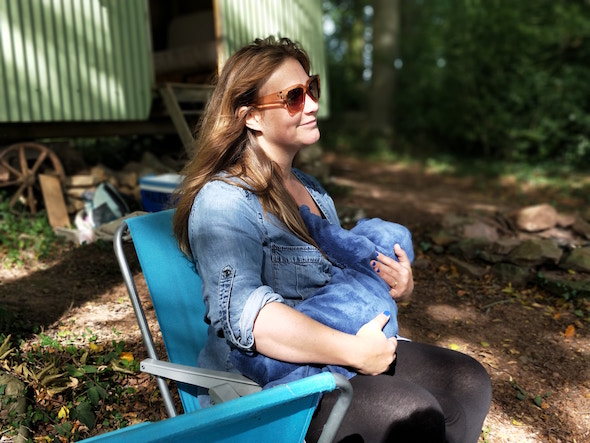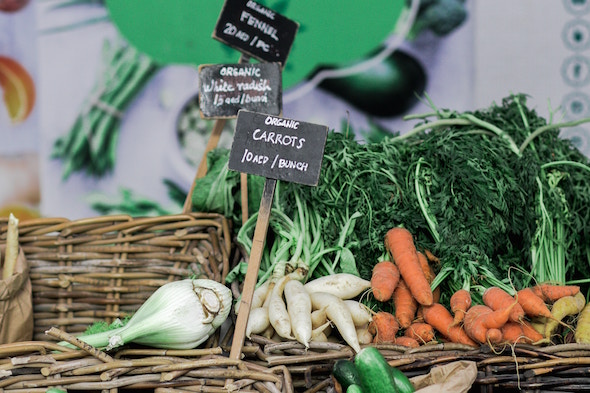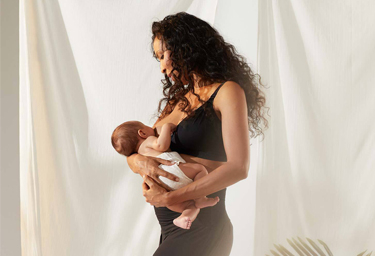In recent weeks I have noticed an increase in the number of supplements being marketed for babies and young children. High profile vitamin companies who have established themselves in this market are now branching out and extending their product offering targeted for children.
Mom guilt is real! We all want to provide the best for our growing children. When brands start suggesting that supplements are needed, it makes us as parents consider and question our current practices.
Vitamin tablets and supplements
What are they?
Vitamin tablets and supplements come in a variety of different forms. They can be drunk, taken as a tablet or added as a powder onto or mixed into foods.
Essentially vitamins and supplements are processed forms that contain vitamin goodness. It is important to remember that the vitamin goodness is a very small component of the tablet or drink, with the bulk of the substance being made up of starch, colourings, flavorings and other fillers to bulk it up.
In order to maintain a healthy diet, calcium, vitamin C and iron are required.
Babies as young as 6 months old and children up to 8 years of age need Vitamin A, C and D to help support their growth. It is not always easy to get our young children to eat a variety of fruits and vegetables that are needed.
Fussy eaters may be missing out on these essential vitamins. This is where vitamins and supplements come in.
Do babies and young children really need to take supplements?
The short answer is no. If a baby or young child is eating a well-balanced diet, full of a variety of different foods from all food groups, then he or she is getting all the vitamins and minerals their young bodies needs.
Note: Some children may be at risk of deficiency and may need a supplement to top of their already healthy diet. Consultation with a healthcare professional is always advised when considering giving your baby or young child vitamin supplements.

Breast milk
Breast milk contains an abundance of essential vitamins and minerals that aids in the healthy development of a baby. As long as the mother is eating a well-balanced healthy diet, her baby or young child will be the beneficiary of all this natural goodness she consumes.
You might also like: Simple Steps To Successful Breastfeeding

Healthy diet
Fruit, vegetables, dairy, grains, legumes, fish, healthy fats and meat are all essential components to a healthy diet.
Babies as old as 4 months are likely to start to take an interest in food. Introduce baby to a variety of natural, unprocessed foods. Avoid adding any salt or sugar to foods, so that baby can enjoy the natural taste. Should baby take a disliking to a food, continue to introduce it over a lengthy period of time. The more times he tries it, the more likely he will start to develop a taste for it.
Foods to consider for a well balanced diet:
Iron – Iron rich rice cereal, spinach, lentils
Calcium – Cheese, yoghurt, fruit and vegetables
Vitamins – Pumpkin, spinach, peas, sweet potato, carrots, apple, banana, pear
Fats – Avocado, fish, olive oil
Protein – Red meat, legumes, lentils, chicken
Carbohydrates – Pasta, rice, bread, rusks
Learn more: Baby’s First Foods: The Best Foods To Start With

What about a fussy eater?
Fussy eaters are unlikely to be getting all the essential vitamins and minerals their growing body needs.
It is important to make eating an enjoyable experience. Avoid any pressure and emotion around trying new foods. Lead by example and encourage your child to try a bit. The more times he or she tries the food; the more likely he or she will develop a liking for it.
Make mealtime fun! Display the food in a way that is engaging. Make smiley faces with the food or encourage your child to help prepare it.
Disguising foods can also help. Add vegetables such as spinach and avocado to smoothies, or grated carrot and or pumpkin into meatballs.
Get creative and prepare a variety of different meals. Foods from different countries/regions all have unique tastes that can help him gain an appreciation of all foods.
Avoid repeating meals over and over, as your child is more likely to become focused on a much narrower food selection as his taste buds continue to develop.
Make your own tomato sauce with fresh tomatoes if possible. Add herbs for flavor! This way your child will get used to the taste of clean eating, without all the preservatives, sugar and salt that is often added to pre-made sauces.

Concerned about your child’s health?
Natural foods provide sufficient goodness for our consumption.
Taking a supplement or vitamin tablet on top of a healthy diet may not be necessary and you could just be flushing away a lot of money. This is because our body can only absorb a certain amount. The excesses are excreted!
If you are worried that your baby or young child is not getting enough vitamins and minerals in their diet, it is always recommended to consult your doctor. Tests can be conducted to determine their growth and overall health.
Don’t miss: Newborn Baby Essentials
Like this post? Follow Cake Maternity on Facebook to get the latest updates!
—
Disclaimer: Cake does not provide medical advice, diagnosis, or treatment. Any information published on this website or by this brand is not intended as a substitute for medical advice, and you should not take any action before consulting with a healthcare professional.
LIKE WHAT YOU READ?
Join CakeMama Club & get 10% OFF your first order!
Plus you’ll get tips + tricks for pregnancy, postpartum & breastfeeding, get member-only offers, earn CakeCoins every time you shop + more. Learn more














































































































































